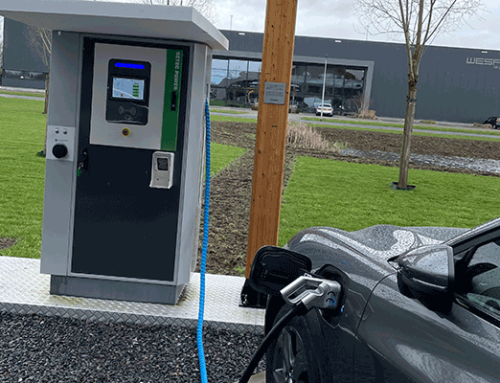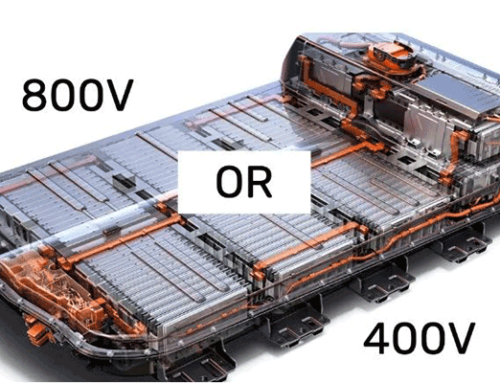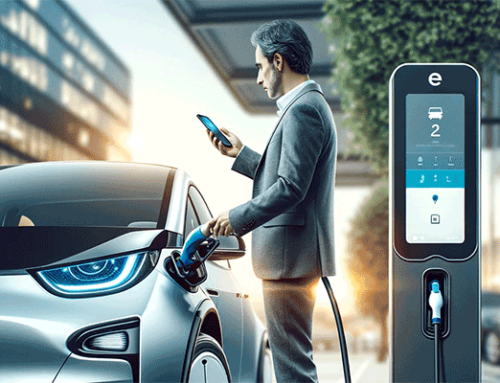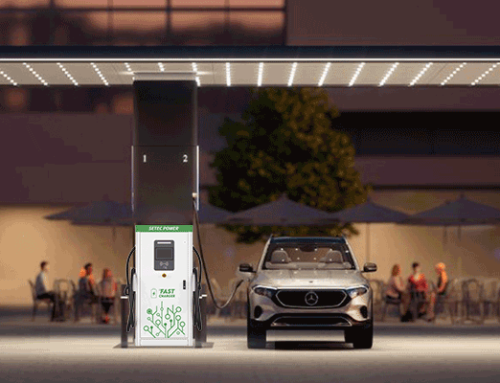The global push towards sustainable energy and reducing carbon emissions has given rise to the popularity of electric vehicles (EVs). In response, governments around the world have implemented various incentives to encourage the adoption of EVs. One such incentive is the electric car tax credit, designed to help offset the initial cost of EVs for buyers. In this comprehensive guide, we will discuss the workings of the electric car tax credit in the United States in 2023, including eligibility requirements, updated tax credit amounts, and examples to help you understand how to take advantage of these incentives.

Section 1: Overview of the Electric Car Tax Credit in 2023
1.1 Federal Tax Credit
In the United States, the federal government offers a tax credit for qualified electric vehicles, ranging from $2,500 to $7,500, depending on the size of the vehicle and its battery capacity. In 2023, the tax credit remains available for eligible new electric vehicles but has undergone some changes compared to previous years.
1.2 State and Local Incentives
In addition to federal tax credits, several states and local governments also offer their own incentives for electric vehicle buyers. These incentives vary widely and can include rebates, tax credits, reduced registration fees, and even free parking. It is essential to research the specific incentives available in your area to maximize your potential savings.
Section 2: Eligibility Requirements for the Electric Car Tax Credit in 2023
2.1 Vehicle Type and Battery Capacity
The electric car tax credit applies to both all-electric vehicles (EVs) and plug-in hybrid electric vehicles (PHEVs) with a minimum battery capacity of 4 kWh. The credit amount increases with battery capacity, with the maximum credit of $7,500 available for vehicles with 16 kWh or more.
2.2 Manufacturer Sales Threshold
One crucial change in 2023 is the reintroduction of the manufacturer sales threshold. Originally, once a manufacturer sold 200,000 qualified EVs in the United States, the federal tax credit began to phase out for that manufacturer’s vehicles. In 2023, the threshold has been reset, allowing more buyers to benefit from the tax credit.
2.3 Income Requirements
While there are no specific income requirements for the federal electric car tax credit, the credit is non-refundable, meaning it can only be used to offset your tax liability. If your tax liability is less than the tax credit, you cannot receive the remaining credit as a refund. As a result, higher-income individuals with larger tax liabilities are more likely to benefit fully from the credit.
Section 3: How to Claim the Electric Car Tax Credit in 2023
3.1 Filing Your Taxes
To claim the electric car tax credit, you need to file your federal income tax return using IRS Form 8936, Qualified Plug-in Electric Drive Motor Vehicle Credit. This form will help you calculate your eligible tax credit, which will be applied to your total tax liability.
3.2 Tax Credit Impact on Vehicle Financing
The electric car tax credit can significantly impact your vehicle financing options. Since the credit reduces your tax liability, it effectively lowers the total cost of your EV. As a result, you may qualify for better financing terms and lower interest rates. It is essential to discuss these potential benefits with your lender or financial advisor before making a purchase decision.
Section 4: Real-World Example – Purchasing a Chevrolet Bolt EUV
In this real-world example, we will examine the potential savings and incentives for a buyer, Jane, who purchases a Chevrolet Bolt EUV in 2023. Jane decides to buy a new Chevrolet Bolt EUV, an all-electric vehicle with an EPA estimated range of 247 miles.
4.1 Federal Tax Credit
As the Chevrolet Bolt EUV has a battery capacity of 65 kWh, Jane is eligible for the maximum federal tax credit of $7,500. She can apply this credit to her tax liability for the year, which will effectively reduce the cost of the vehicle.
4.2 State and Local Incentives
Jane lives in New York, a state that offers additional incentives for electric vehicle buyers. In 2023, New York provides a Drive Clean Rebate of up to $2,000 for qualifying electric vehicles. Since the Chevrolet Bolt EUV qualifies for this rebate, Jane can apply for the rebate and receive an additional $2,000 off the purchase price of the vehicle.
4.3 Charging Infrastructure Incentives
In addition to the federal tax credit and state rebate, Jane can also benefit from incentives related to charging infrastructure. The New York State Energy Research and Development Authority (NYSERDA) offers a Charge Ready NY rebate that provides up to $4,000 per charging port for installing Level 2 charging stations at residential, workplace, and public locations. Jane decides to install a Level 2 charging station at her home and can apply for the rebate to help offset the cost of installation.
4.4 Total Savings
Taking all the incentives into account, Jane’s total savings on the purchase of the Chevrolet Bolt EUV are as follows:
- Federal tax credit: $7,500
- New York Drive Clean Rebate: $2,000
- Charge Ready NY rebate (for charging station installation): Up to $4,000
Jane can potentially save up to $13,500 on her Chevrolet Bolt EUV purchase and charging station installation by taking advantage of the available federal, state, and local incentives. It is essential for EV buyers like Jane to research the incentives in their area and understand the eligibility requirements to maximize their potential savings.
Section 5: Frequently Asked Questions
5.1 Can I claim the electric car tax credit if I lease an EV?
Yes, you can claim the electric car tax credit if you lease a qualifying electric vehicle. However, the credit is typically passed on to the leasing company, which may then lower your monthly lease payments to reflect the savings.
5.2 Is the electric car tax credit available for used EVs?
No, the federal electric car tax credit only applies to new, qualifying electric vehicles. Some states and local governments may offer incentives for used EVs, but these vary by location.
5.3 Can I receive the electric car tax credit if I don’t owe any taxes?
Since the electric car tax credit is non-refundable, you must have a tax liability to offset the credit. If you don’t owe any taxes, you will not be able to benefit from the credit.
The Electric Car Tax Credit is a valuable incentive that can significantly reduce the cost of purchasing an electric vehicle in 2023. We hope this guide will help you to make a positive impact on the environment and your wallet.














